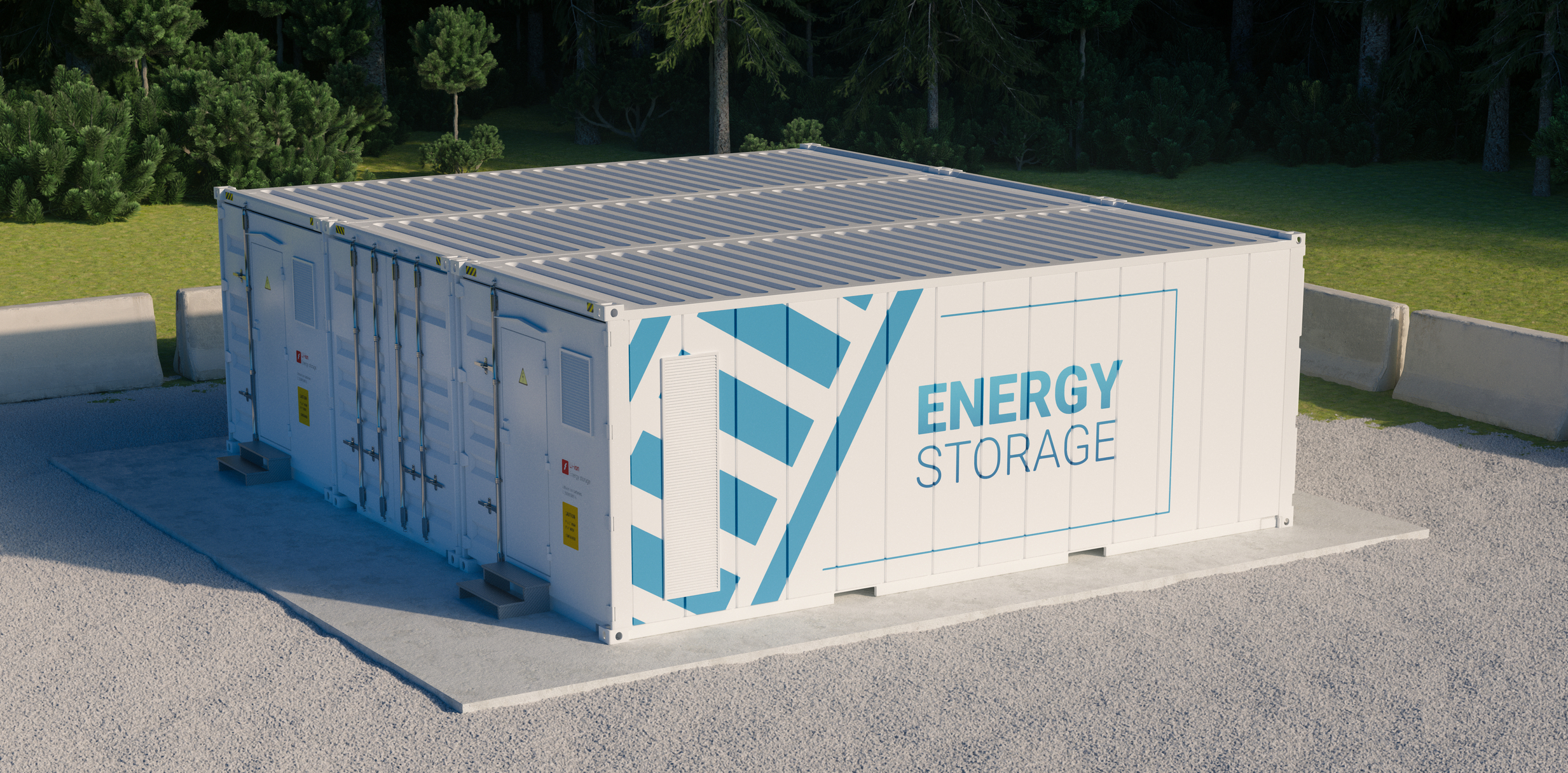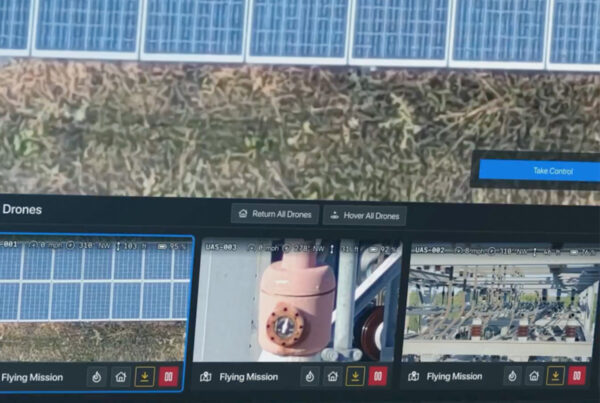
The new battery storage system uses lithium iron phosphate chemistry, has a system rating of 11-MW/11-MWh, and covers approximately one acre of physical space.
Duke Energy has begun the commercial operation of an 11-MW battery storage system in Onslow County, North Carolina.
The battery system will be operated alongside a 13-MW solar facility on a leased site at Marine Corps Base (MCB) Camp Lejeune, which is reported to be producing carbon-free energy since 2015. The two sites can also be operated independently.
Both the battery and solar projects are connected to a Duke Energy substation and will serve all Duke Energy Progress customers. The battery uses lithium iron phosphate chemistry, has a system rating of 11-MW/11-MWh, and covers approximately one acre of physical space.
Duke Energy partnered with Black & Veatch construction entity OCI, which served as the prime contractor for engineering, procurement, and construction.
“Battery storage is an important resource for our transition to cleaner energy,” said Kendal Bowman, Duke Energy’s North Carolina State President.
According to Bowman, the pairing of the energy storage system with the existing solar facility at Camp Lejeune strengthens the reliability of the energy grid and makes better use of existing solar generation. The battery and solar systems could also be used to improve the resiliency of MCB Camp Lejeune against outages. These systems are part of Duke’s ongoing collaboration with the Department of Defense and its utility providers to ensure energy security at federal facilities.
Duke Energy has been actively expanding battery storage in North Carolina, including a 9-MW lithium-ion battery system next to a Duke Energy substation in Asheville’s Shiloh community, and a 4-MW lithium-ion battery system in the microgrid in Madison County’s Hot Springs town.
The company plans to continue investing in battery technology over the next few years, with expectations to have more than 1.6 GW of battery storage in service by 2029. Currently, the company’s regulated utilities have about 90 MW of battery energy storage projects in operation in three states.














